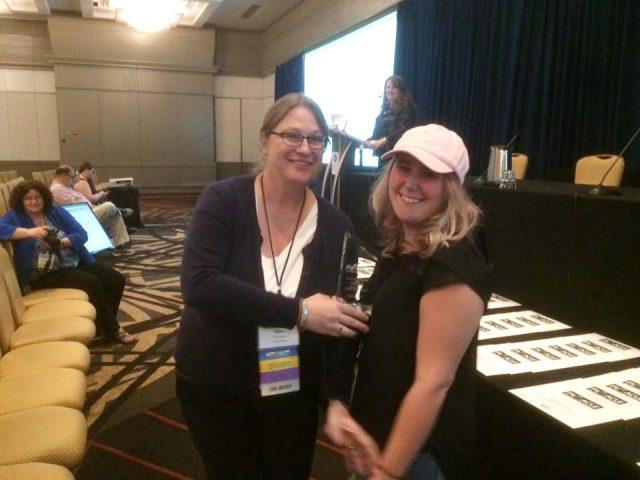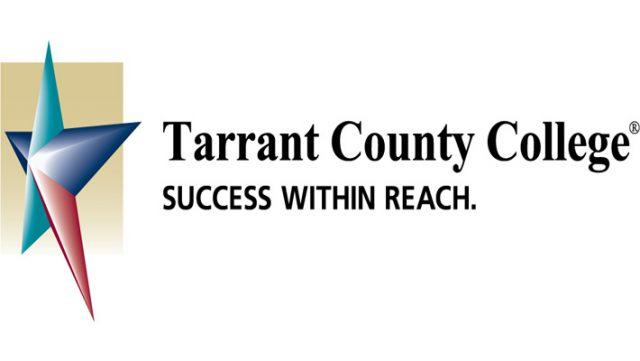By Jackie Stevenson/ reporter
Chemical dependency is a serious concern among college-age students, a SE counselor said Oct. 25.
Sam Weaver discussed the different types of usage, the categories of drugs and the effects of substance abuse.
“The group that is affected by substance usage the most are ages 18-25,” he said.
Weaver went over three levels of usage. The first is social usage, followed by abuse when drug usage becomes excessive. At the final level, dependency, the substance abuser has developed a physical need for the drug.
“There are psychological and physical signs of dependency,” he said.
Weaver classified the four categories of drugs as uppers, downers, hallucinogens and mood stabilizers. He discussed uppers in depth. These drugs are stimulants and send signals to the brain that give the user an uplifting feeling, Weaver said.
“Many students will use uppers to help them get through school,” he said.
Caffeine is one of the most popular uppers among students. It is a stimulant that can become addictive, Weaver said.
“There is no free high. Every drug comes with a cost,” he said.
Weaver described the effects of substance abuse, using uppers as an example. When substance abusers use an upper, they are tapping into their energy reserve. There is always a “crash” after the high because users have depleted their energy, he said.
“When a user is dependent, they aren’t using to get high,” he said. “They are using to feel normal so they can avoid the crash.”
Substance abuse has many negative effects on a person’s lifestyle. According to Weaver, dependent users will experience emotional distress and illness if they do not use.
Weaver said TCC provides resources for students struggling with substance abuse. Counseling is free for students anytime the advising offices are open. It is confidential, and counselors can give information on treatment as well as provide referrals.

























